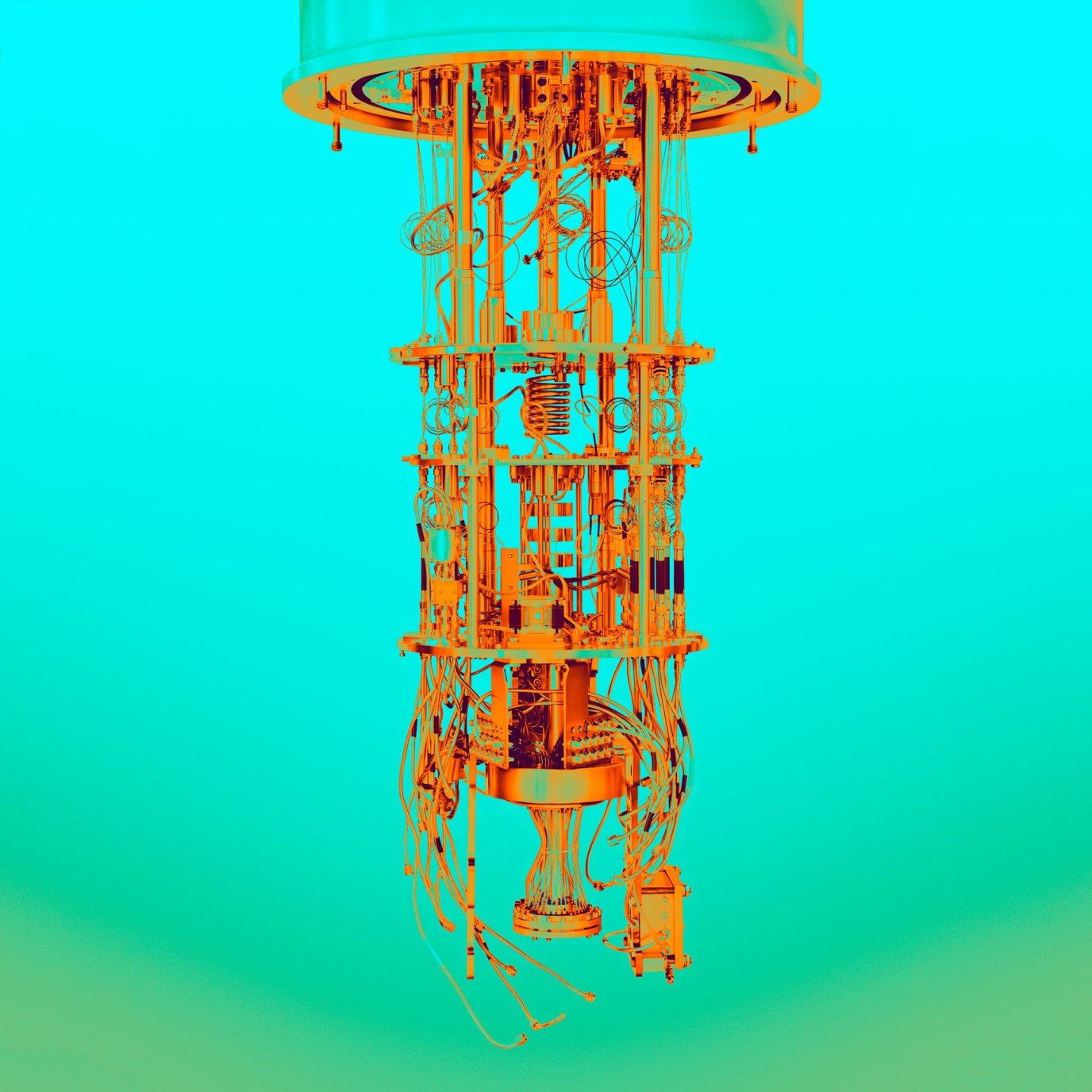A research group within Goldman Sachs led by Will Zeng has been exploring the use of quantum computing for near-term applications in Monte Carlo simulations – an essential model for understanding uncertainty and risk in making predictions. A Financial Times article covered the research paper last week, concluding that “quantum computing could be brought to bear on some of the most complex calculations in financial markets within five years.
Filtering through the hype, near-term applications of quantum computers may deliver 10x improvements in certain use cases by focusing on very specific pieces of a calculation. This is a step towards realizing the long-term potential of quantum computing.
For more insights into this space, here is a technical talk by Will and Maria Schuld at Q-Hack, an annual conference and hackathon convened by Xanadu, a Radical Ventures portfolio company at the forefront of commercial silicon quantum photonic chips.
AI News This Week
-
Will transformers replace CNNs in computer vision? (Towards AI)
Most people have heard about transformers in the field of natural language processing (NLP) and specifically with GPT-3. But, transformers can be used as a general-purpose backbone for many different applications and are much more powerful when it comes to complex tasks. Using a similar architecture for both NLP and computer vision could significantly accelerate the research process.
-
This Netflix-licensed movie is getting dubbed by AI (Protocol)
No Hollywood company has ever tried to dub at the scale of Netflix which is aiming to release new shows every week in multiple languages at the same time. AI is essential to pulling off this enormous task, powering voice synthesis systems that aim to capture the voice style and attributes of the original actors’ voices.
-
Gartner says low-code, RPA, and AI driving growth in ‘hyper-automation’ (VentureBeat)
In line with our commentary last week on robotic process automation (RPA), Gartner has predicted that the market for hyper-autonomation-enabling tools, such as RPA and AI, will reach $596 billion in 2022, up nearly 24% from the $481 billion in 2020. Process-agnostic tools that can be applied across workflows, such as AI, will continue to drive enormous value.
-
This is how open data and AI could boost the impact of scientific research (World Economic Forum)
A well-known story arising from the global pandemic is the newfound collaborative potential for scientific communities across the world to rapidly discover and develop technology. One element enabling this collaboration is translating knowledge into digital assets. AI’s potential impact in the R&D space will be strengthened as more scientists are empowered and enabled to access and contribute to digital assets.
-
Reinforcement learning competition pushes the boundaries of embodied AI (VentureBeat)
The ThreeDWorld Transport Challenge asks researchers to apply reinforcement learning to make a simulated ‘robot’ pick up various small items in a simulated house and move them to a specified location. This sounds like a task most children could accomplish, but requires exploration of the space, finding optimal paths to objects, grasping or carrying objects, and staying within the designated step budget. Competitions support AI development by benchmarking technology, showcasing accomplishments, encouraging industry adoption, developing community, and sharing methods. In this case, researchers learned that hybrid-AI models were more successful than a pure reinforcement learning approach.
Radical Reads is edited by Ebin Tomy.

